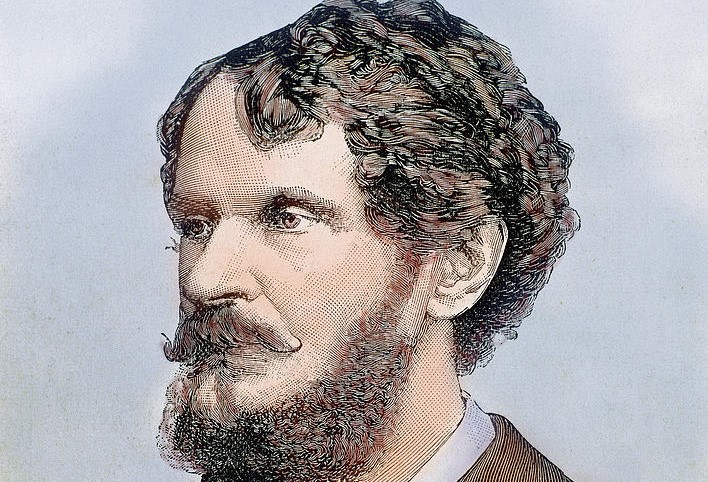He contributed to the establishment of the Austro-Hungarian empire: Who is Gyula Andrassy?
Hungarian statesman, who served as prime minister of Hungary between 1867-1871 and as foreign minister of the Austro-Hungarian empire between 1871-1879, lived between 1823-1890.

(1823-1890) Hungarian statesman. He made an important contribution to the establishment of the Austro-Hungarian Empire and the establishment of the Austro-German alliance. Born in Kassa (Kosice in Czechoslovakia), died in Volosco (Istria in Yugoslavia).
He came from a noble family. In his youth, he supported the moderate reformist Stephen Szechenyi. He later became a member of the radically leaning Hungarian Reform Party. The party chairman, Lajos Kossuth, opposed Austria's desire to take Hungary under his control and followed a nationalist policy. Andrassy entered the Hungarian National Assembly in 1847. In 1848-1849 he commanded a battalion in the uprising against Austria. After the defeat of Hungary, he fled the country and lived in Paris and London. He was sentenced to death.
Count Gyula Andrássy de Csíkszentkirály et Krasznahorka (8 March 1823 – 18 February 1890) was a Hungarian statesman, who served as Prime Minister of Hungary (1867–1871) and subsequently as Foreign Minister of Austria-Hungary (1871–1879).
In the mid-1850s he began to advocate the necessity of Hungarian and Austrian reconciliation. He was pardoned and returned to his country in 1857. He joined the Liberals. Along with Francis Deak and Beust, he contributed to the drafting and implementation of the Austro-Hungarian Compromise of 1867. With this treaty, the Austro-Hungarian empire was established.
Andrassy became prime minister and defense minister in the new Hungarian government. He played an important role in the constitutional debates with Austria. He thought that the territorial integrity of Hungary was threatened by the Slavic minorities supported by the Russians, and he was skeptical of some of Russia's aspirations on the Balkans. In order to prevent these dangers, he worked to strengthen the relations between Germany and Hungary. He saw Germany as a counterbalance to Russia. He opposed the idea of eliminating the Ottoman empire, arguing that it would only benefit the Slavs.
He worked to keep Austria-Hungary neutral in the Franco-German war of 1870-1871. In 1871 he became the foreign minister of the Austro-Hungarian empire. worked to strengthen the empire's international position. In 1872, he initiated the truncation of the Three Emperors Summit, where an agreement was reached with Russia to protect the Austro-Hungarian empire's interests in the Balkans. He attended the 1878 Berlin Congress as the Austro-Hungarian chief delegate. In order to prevent the increase of the Slavic population in the empire and to prevent Russia from benefiting alone in the Balkan crisis that started in 1875, congress approved the acquisition of Bosnia and Herzegovina by Austria-Hungary. He decided to resign as a result of the discontent created by the policy of expansion within the country. In 1879, the day before he left office, he signed the Treaty of Bilateral Alliance, which provided cooperation between Germany and Austria-Hungary. This treaty connected the two great powers until the end of World War I and was a turning point for the foreign policies of both countries. After leaving the foreign ministry, Andrassy served in the Hungarian Parliament until his death. His younger son, who bears the same name, became one of the important political leaders of Austria-Hungary.
